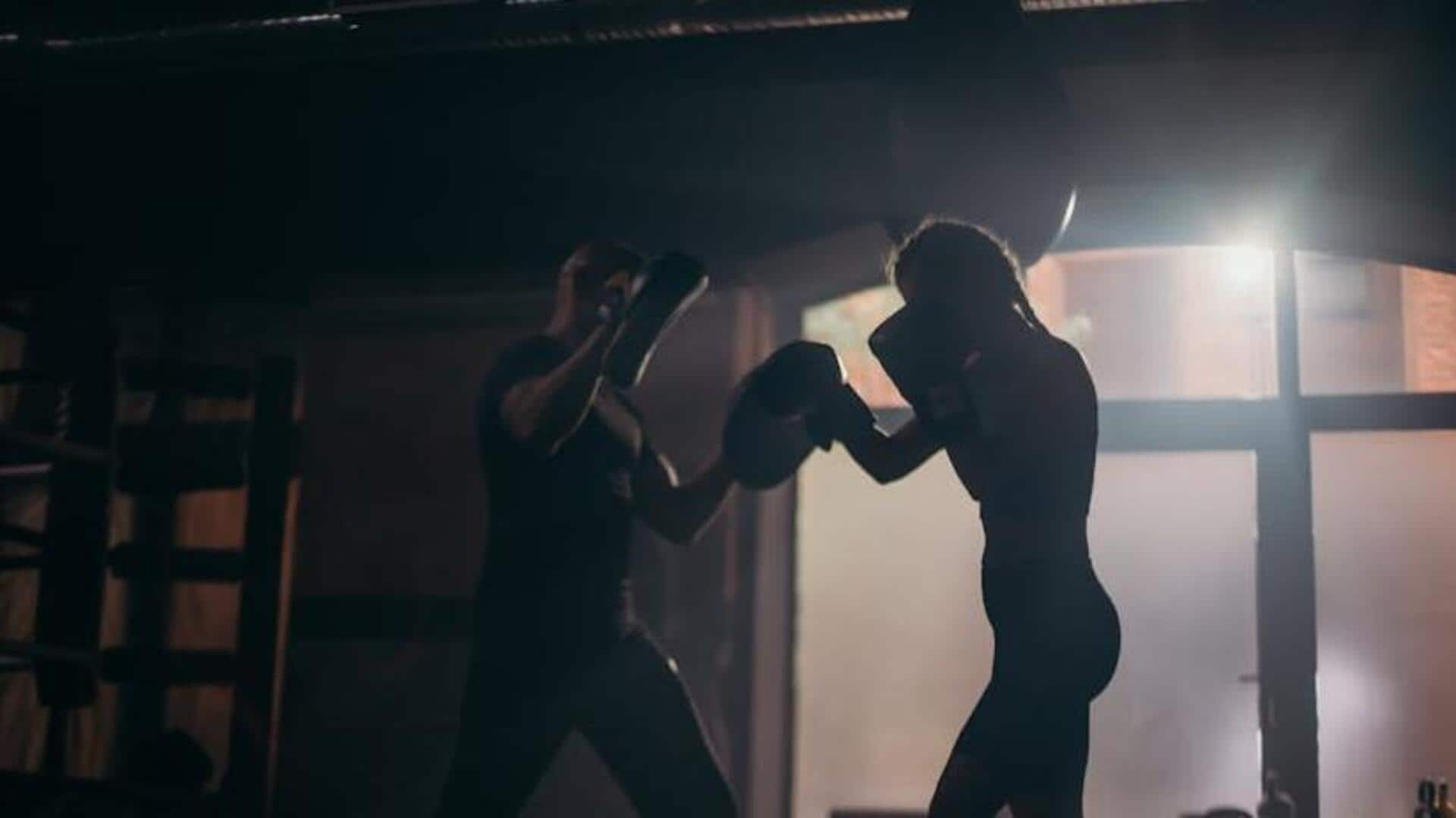
Kickboxing v/s rock climbing: Coordination challenge
What's the story
Kickboxing and rock climbing are two very different ways of testing your physical limits. Both require a high degree of coordination, but in different ways. For example, kickboxing requires precise movements and timings, whereas climbing requires balance and spatial awareness. Understanding how each activity challenges one's coordination can help you choose which one suits your fitness goals better.
Punches and kicks
Precision in kickboxing movements
In kickboxing, one has to be super coordinated in order to throw perfect punches and kicks. It is essential that every single movement is in sync with the brain and muscles to be accurate and powerful. Anticipating an opponent's moves adds a whole new level of difficulty, requiring quick reflexes and impeccable timing.
Grip and foot placement
Balance in rock climbing
Rock climbing also tests your coordination by requiring you to balance and place your grip strategically. Climbers have to keep adjusting their body to ensure they're not falling off on uneven surfaces. This calls for a good understanding of spatial awareness and efficiently coordinating handholds with footholds.
Concentration levels
Mental focus in both activities
Both kickboxing and rock climbing require extreme mental concentration. In kickboxing, you need to stay focused so you can read your opponent's next move. Similarly, in rock climbing, concentrating beforehand helps in deciding the routes. The psychological factor is a major part of both sports, improving performance by making sure physical movements are done seamlessly.
Strength training
Physical conditioning requirements
Physical conditioning is also important in both activities but in different ways. Kickboxers usually work on strength training to increase muscle endurance for longer periods of activity. In comparison, climbers work on their core strength to hold themselves in place on difficult climbs without losing balance or grip efficiency.